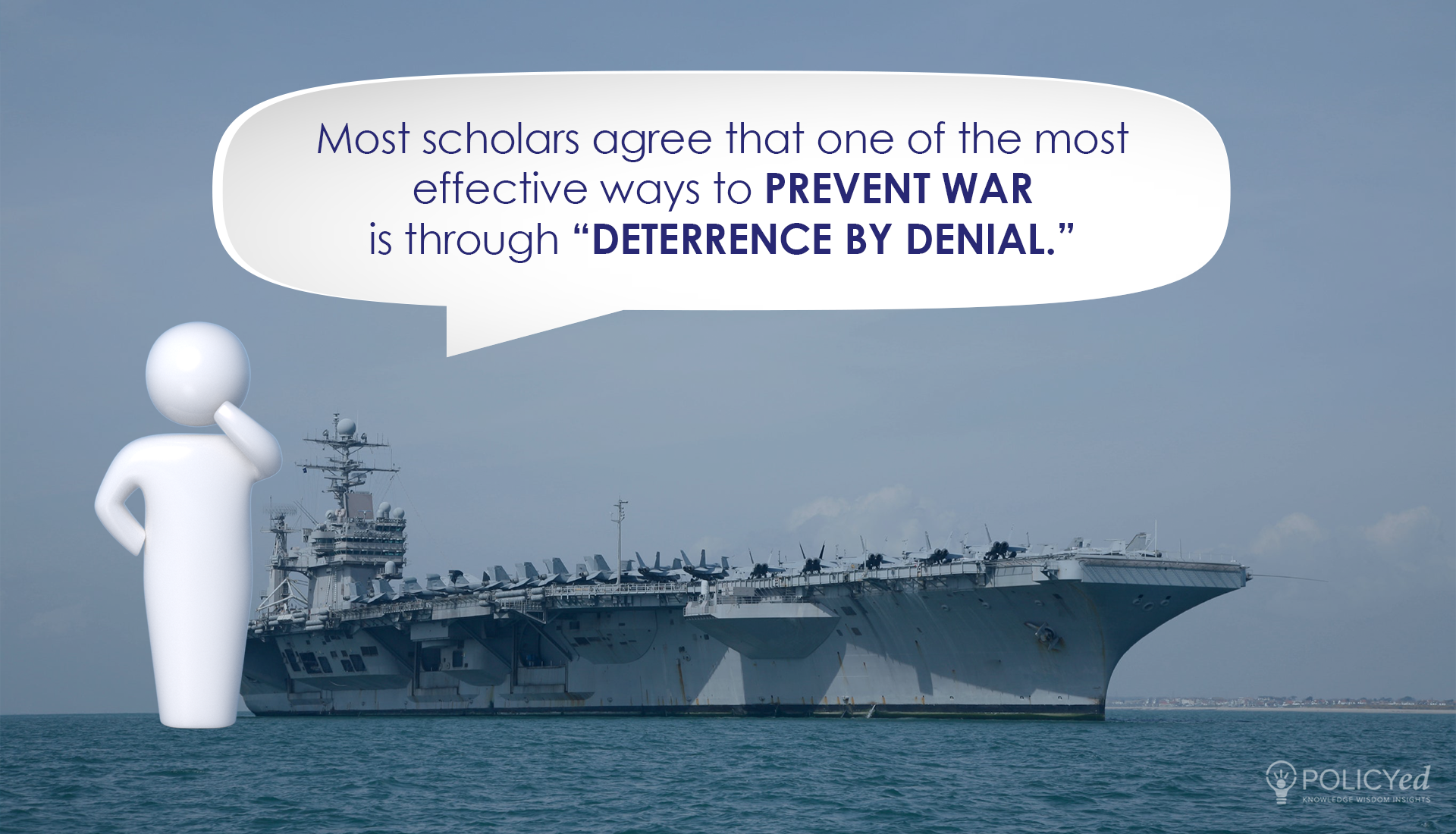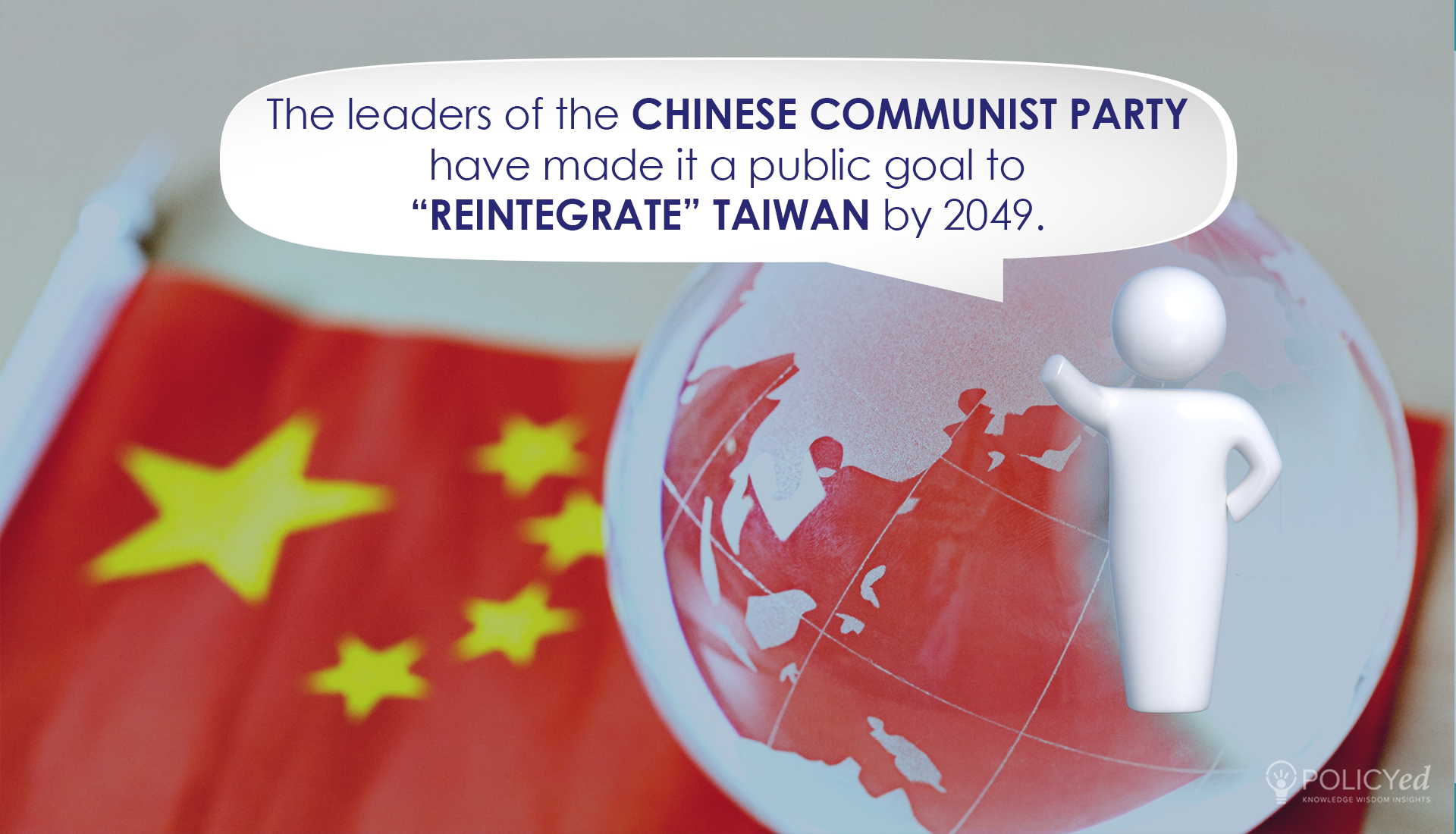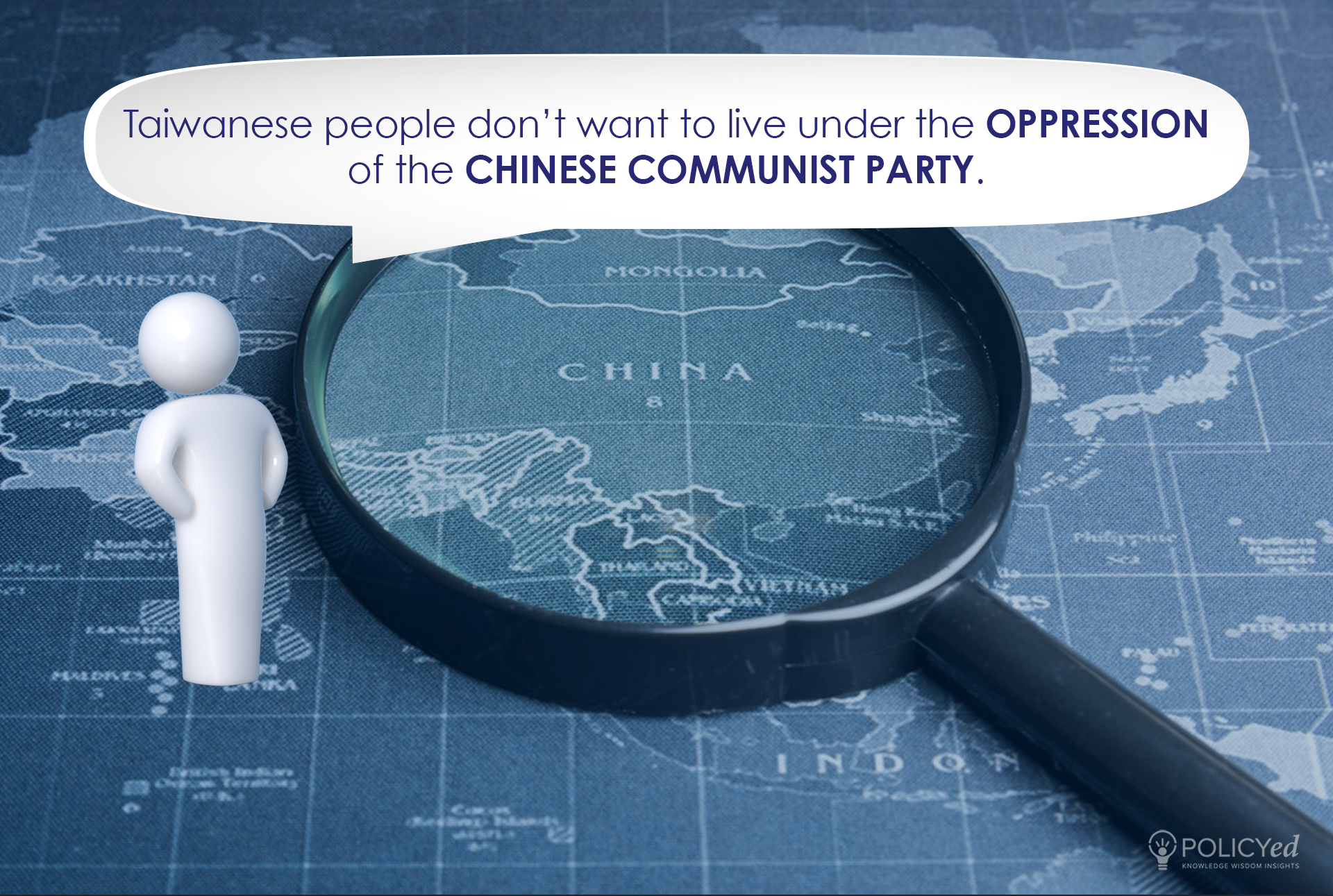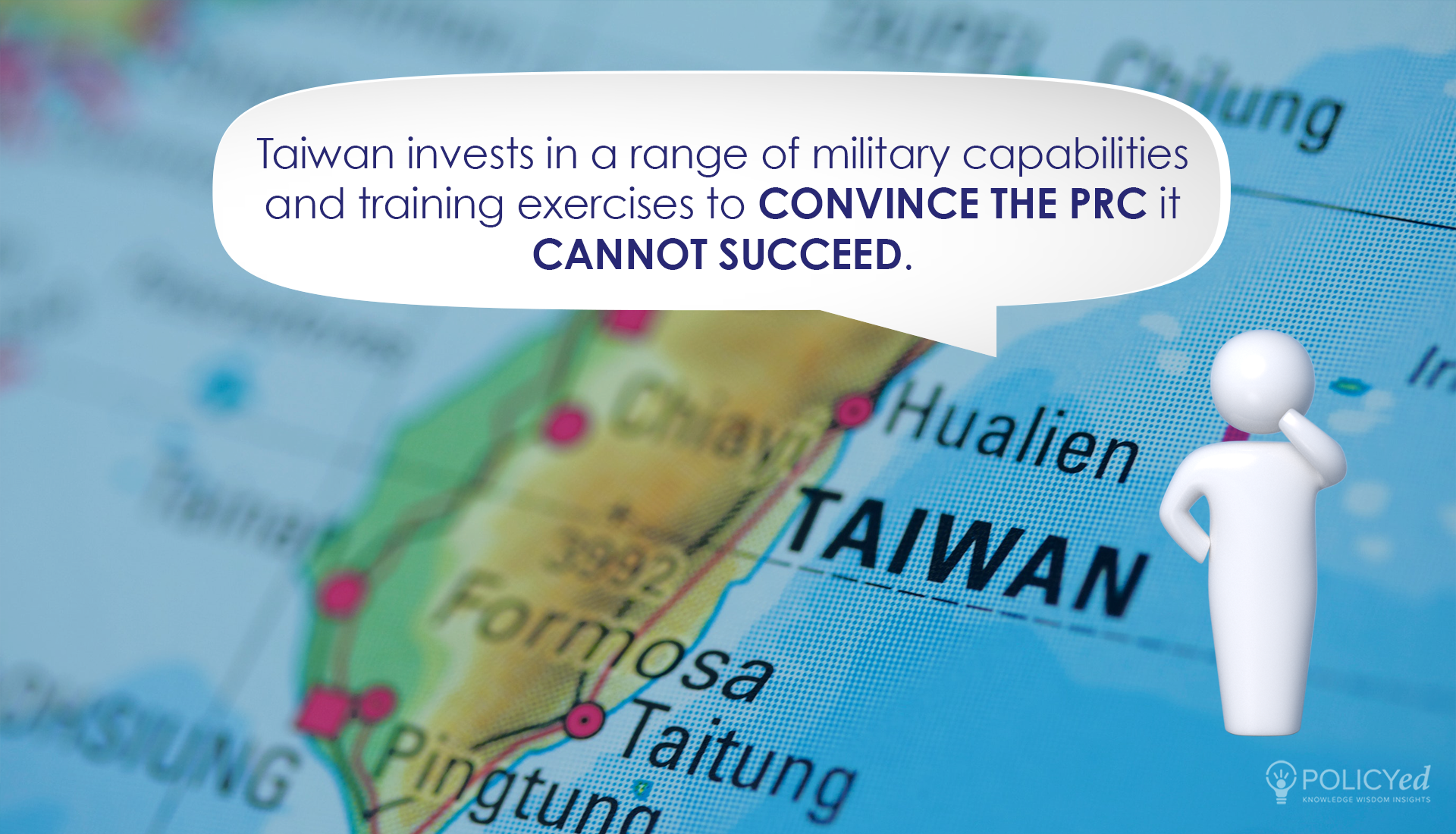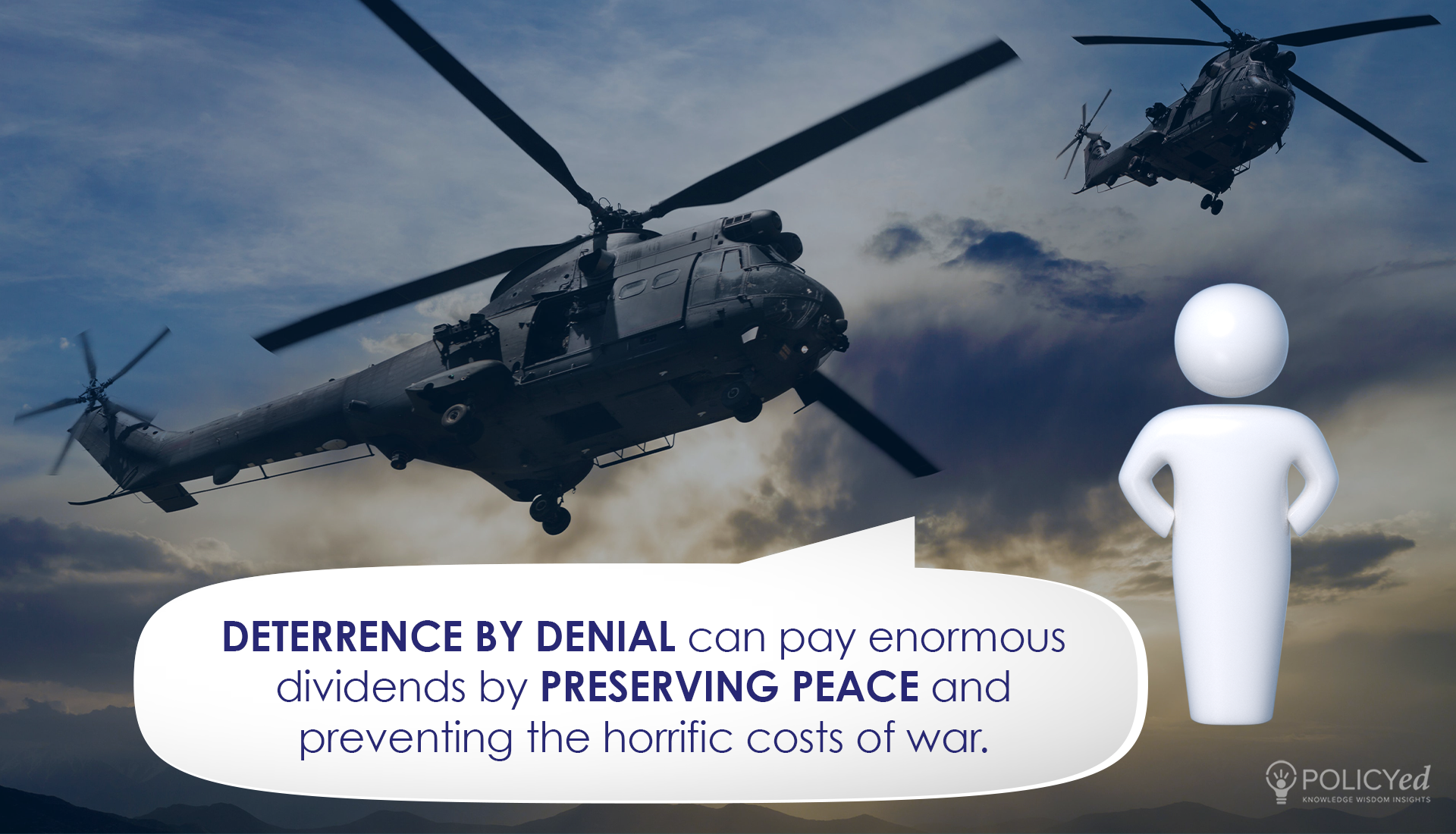Facts At Your Fingertips
What Is Deterrence by Denial?
If the United States truly wants peace, why does it maintain such a large military? To deter attacks before they happen. Most scholars agree that one of the most effective ways to prevent war is through “deterrence by denial.” For deterrence by denial to succeed, would-be aggressors must conclude that they would be unable to accomplish their objectives through the use of force due to the resistance they would face and the losses they would suffer.
China’s Goals
The leaders of the Chinese Communist Party have made it a public goal to “reintegrate” Taiwan by 2049, one hundred years after Mao’s victory over the Chinese Nationalist Party—the party that fled to Taiwan at the end of their civil war. In the wake of China’s subjugation of Hong Kong, many fear that the People’s Liberation Army, or PLA, will accelerate preparations to take Taiwan by force.
Deterrence by Denial in Action
Taiwan may pose such a formidable problem for the PLA that its leaders conclude that a military operation to subdue Taiwan would fail. The country is a mountainous island with geography that would make it difficult to land an invading force. Taiwan has also invested in its military, posing a potentially invading PLA force with multiple dilemmas and embodying the principle of deterrence by denial.

